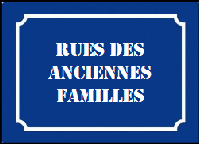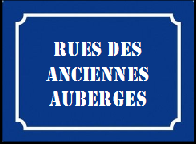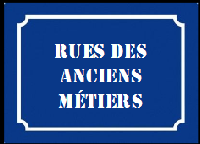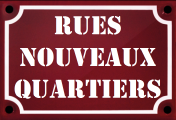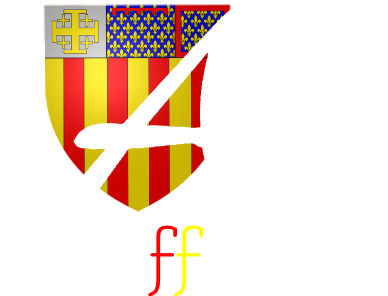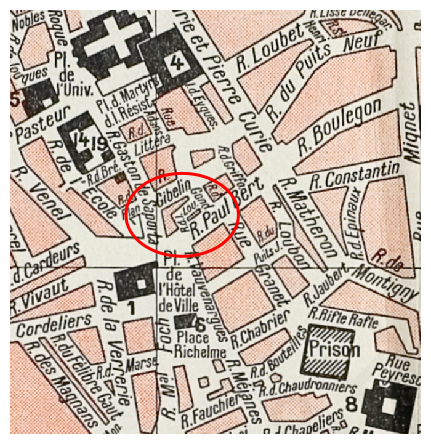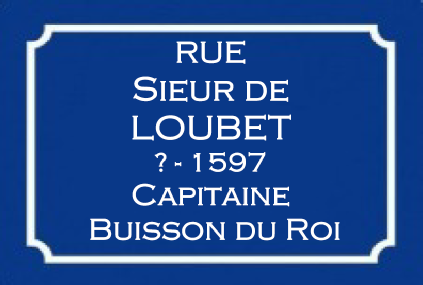Quoiqu’il ait vécu dans cette rue, l’on ne connait ni le lieu, ni la date de naissance de Sieur de LOUBET mieux connu sous le nom de capitaine Boniface BUISSON.
Il vécut au XVIe siècle et doit sa célébrité au fait qu’il fut un fidèle du roi de France HENRI IV. Il combattit à ses côtés lors des « guerres de la Ligue », guerres de religion qui opposèrent les protestants aux catholiques. Comme la " Ligue" refusait un roi protestant, HENRI IV, protestant à l’origine, décida de se convertir au catholicisme dans un but de pacification.
Le Capitaine BUISSON ou Sieur de LOUBET meurt en 1597 et sera enterré dans l'Église du Couvent de l’Observance le 5 avril de la même année.
Le saviez-vous ?
Un an après sa mort, en 1598, "l'édit de Nantes" fut signé. Il fut surnommé "l’édit de la Tolérance" qui mit fin aux guerres opposant les Catholiques aux Protestants en France.
Although he lived in this street, we do not know the place or the date of birth of Sieur de LOUBET better known under the name of Captain Boniface BUISSON.
He lived in the 16th century and owes his fame to the fact that he was a follower of the King HENRI IV. He fought alongside him during the "wars of the League", wars of religion which pitted the Protestants against the Catholics. As the "League" refused a Protestant king, HENRI IV, originally Protestant, decided to convert to Catholicism for the purpose of pacification.
Captain BUISSON or Sieur de LOUBET died in 1597 and was buried in the Church of the Convent of Observance on April 5 of the same year.
Did you know ?
A year after his death, in 1598, the "Edict of Nantes" was signed. It was nicknamed the "Edict of Tolerance" which ended the wars between Catholics and Protestants in France.

